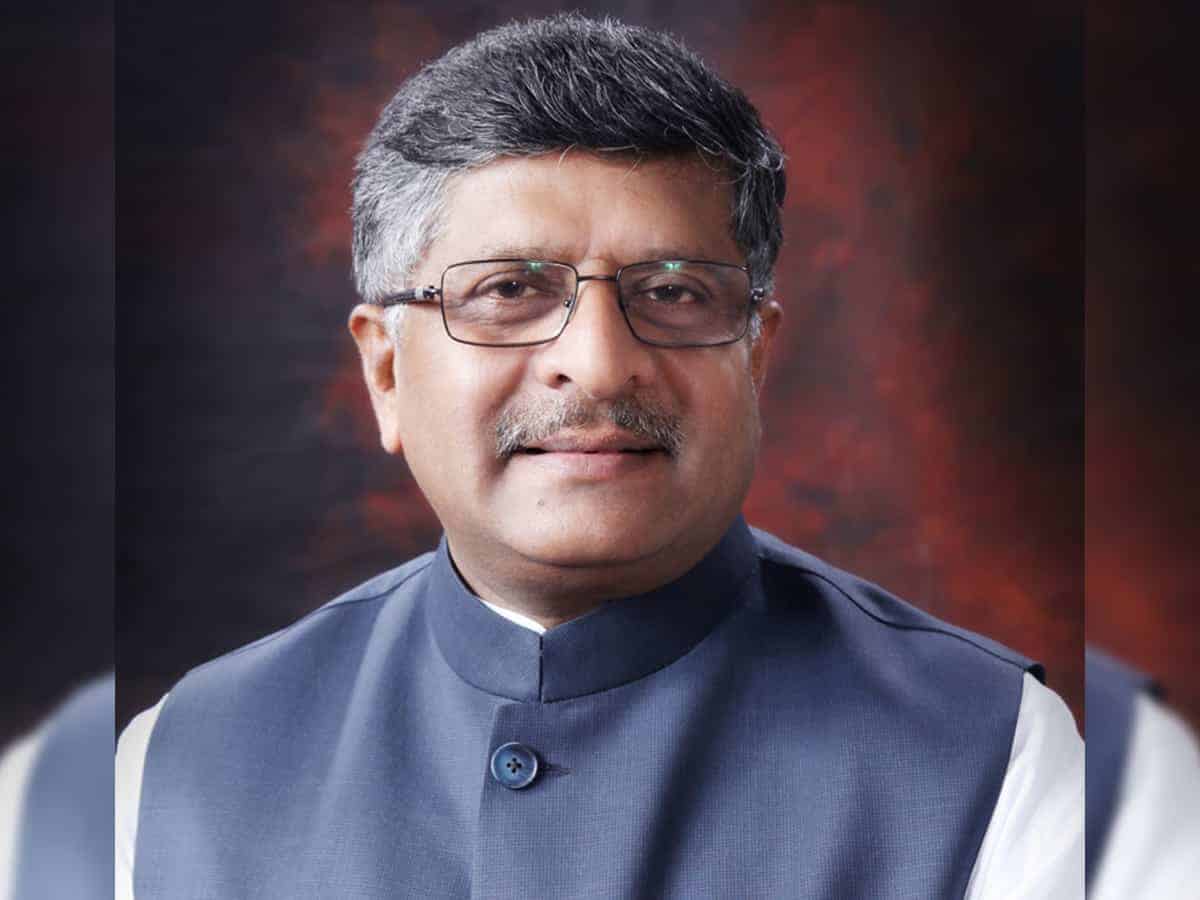New Delhi: The government told the Lok Sabha on Wednesday that there is no proposal to appoint a regulator for social media.
In a written reply, Union Minister of Communications, Electronics and Information Technology Ravi Shankar Prasad said that social media should not be abused or misused to defame, promote terrorism, rampant violence and compromise the dignity of women.
He said social media platforms are enjoined to develop a robust grievance redress system.
“The social media platforms, for the user-generated content made available on their platforms, are intermediaries as defined in the Information Technology Act, 2000. Section 79 of the Act provides an exemption from liability to intermediaries, provided they follow certain due diligence and are required to disable/remove unlawful content relatable to Article 19(2) of the Constitution, on being notified by the appropriate government or its agency or through court order,” he said.
The minister said in order to provide enhanced user safety as also the accountability of social media platforms, the government has released the Information Technology (Intermediary Guidelines and Digital Media Ethics Code) Rules, 2021 under the Act that specifies the due diligence to be followed by all the intermediaries including the social media intermediaries.
“The social media platforms are enjoined to develop a robust grievance redressal system. Presently, there is no proposal with the Ministry of Electronics and Information Technology to appoint a regulator for social media,” he said.
Prasad said the government blocks unlawful and malicious online content under provisions of Information Technology Act 2000, in the interest of sovereignty and integrity of India, defence of India, the security of the state, friendly relations with foreign states or public order or for preventing incitement to any cognizable offence.
“Under this provision, 9849 URLs/accounts/webpages, mostly on social media platforms, were blocked during the year 2020,” he said.
Prasad said the government values freedom of speech and expression which is a fundamental right under Article 19(1) of the Constitution.
“The Government welcomes criticism, dissent and also the rights of people to ask questions on social media. However, this needs to be acknowledged that the fundamental right of speech and expression under Article 19(1) is also subject to reasonable restrictions under Article 19(2) of the Constitution. It is equally important that social media should not be abused or misused to defame, promote terrorism, rampant violence and compromise the dignity of women,” Prasad said.

